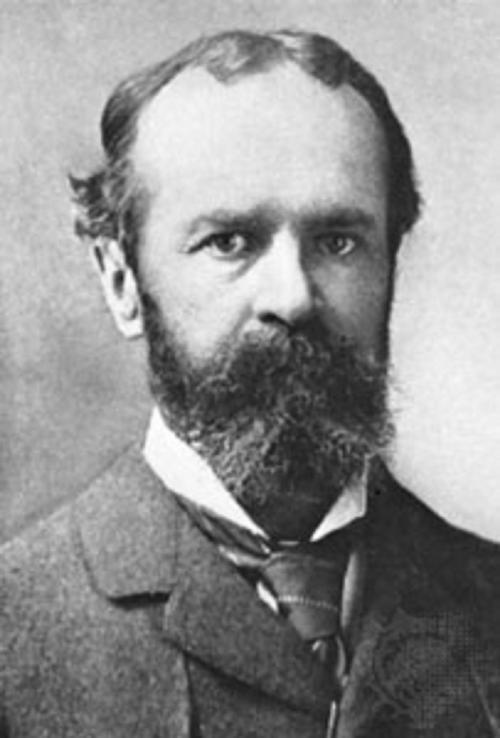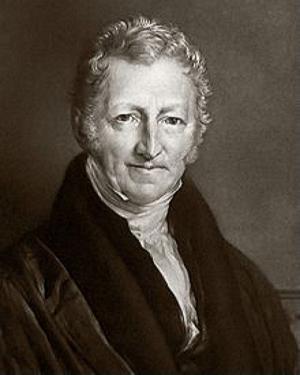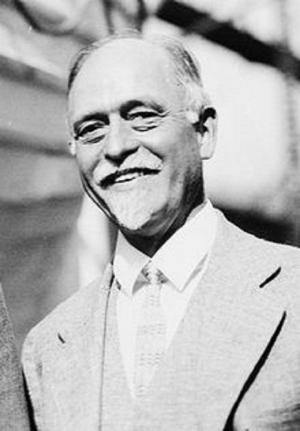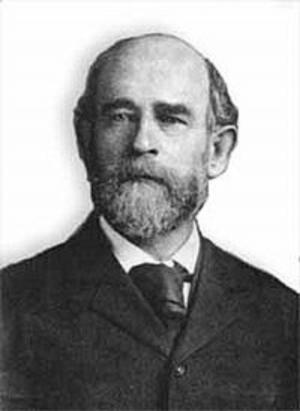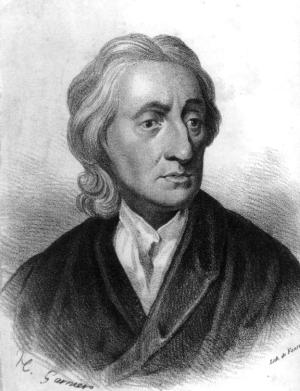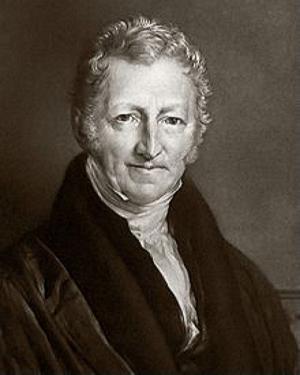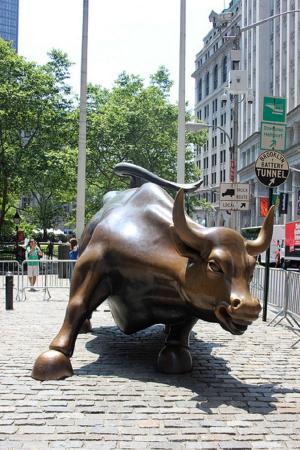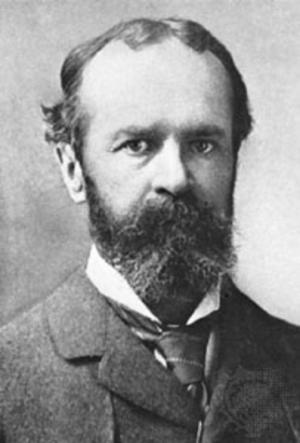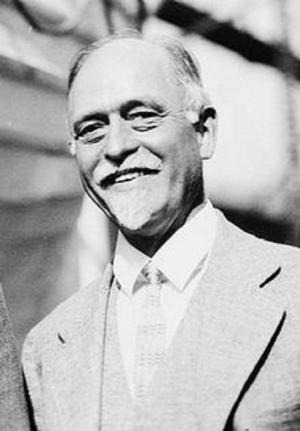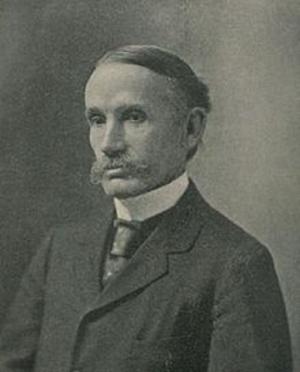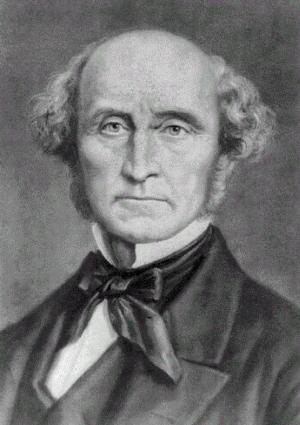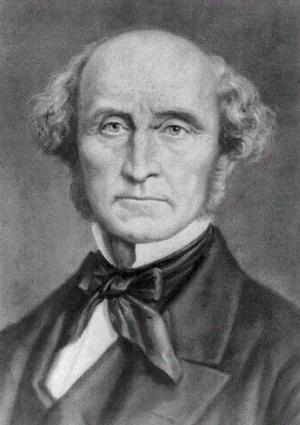The Varieties of Religious Experience (Illustrated and Bundled with Pragmatism)
Business & Finance, Economics, Macroeconomics, Theory of Economics| Author: | William James | ISBN: | 1230000271924 |
| Publisher: | AS Team | Publication: | October 3, 2014 |
| Imprint: | Language: | English |
| Author: | William James |
| ISBN: | 1230000271924 |
| Publisher: | AS Team |
| Publication: | October 3, 2014 |
| Imprint: | |
| Language: | English |
The book has an active table of contents for readers to access each chapter of the following titles:
1. The Varieties of Religious Experience – William James
2. Pragmatism – William James
The book by William James, one of the greatest American psychologists, was widely acclaimed and they were widely used to study psychology and religion.
The Varieties of Religious Experience concerned the nature of religion and the neglect of science. After its publication, the book entered the canon of psychology and philosophy and has remained in print for over a century.
Furthermore, James went on to develop his philosophy of pragmatism. In his influential book Pragmatism, William James presented systematically a set of views about truth, knowledge, reality, religion, and philosophy that were seeded in The Varieties of Religious Experience.
William James influences on Psychology theory are as the follows:
1) Pragmatism
According to pragmatism, the truth of an idea can never be proven. James proposed we instead focus on what he called the "cash value," or usefulness, of an idea.
2) Functionalism
James opposed breaking down mental events to the smallest elements. Instead, James focused on the wholeness of an event, taking into the impact of the environment on behavior.
3) James-Lange Theory of Emotion
The James-Lange theory of emotion proposes that an event triggers a physiological reaction, which we then interpret. According to this theory, emotions are caused by our interpretations of these physiological reactions.
In addition to his influence on Psychology, William James' discussion of choice and rationality, as well as self-interest, made significant contributions to areas of concern in modern economic theory. Each of these themes is connected with aspects of relevant economic literature and is the contribution of James' pragmatism to economic theory.
This is a must read book for the readers who are interested in researching modern psychology and its influence on religion.
The book has an active table of contents for readers to access each chapter of the following titles:
1. The Varieties of Religious Experience – William James
2. Pragmatism – William James
The book by William James, one of the greatest American psychologists, was widely acclaimed and they were widely used to study psychology and religion.
The Varieties of Religious Experience concerned the nature of religion and the neglect of science. After its publication, the book entered the canon of psychology and philosophy and has remained in print for over a century.
Furthermore, James went on to develop his philosophy of pragmatism. In his influential book Pragmatism, William James presented systematically a set of views about truth, knowledge, reality, religion, and philosophy that were seeded in The Varieties of Religious Experience.
William James influences on Psychology theory are as the follows:
1) Pragmatism
According to pragmatism, the truth of an idea can never be proven. James proposed we instead focus on what he called the "cash value," or usefulness, of an idea.
2) Functionalism
James opposed breaking down mental events to the smallest elements. Instead, James focused on the wholeness of an event, taking into the impact of the environment on behavior.
3) James-Lange Theory of Emotion
The James-Lange theory of emotion proposes that an event triggers a physiological reaction, which we then interpret. According to this theory, emotions are caused by our interpretations of these physiological reactions.
In addition to his influence on Psychology, William James' discussion of choice and rationality, as well as self-interest, made significant contributions to areas of concern in modern economic theory. Each of these themes is connected with aspects of relevant economic literature and is the contribution of James' pragmatism to economic theory.
This is a must read book for the readers who are interested in researching modern psychology and its influence on religion.
